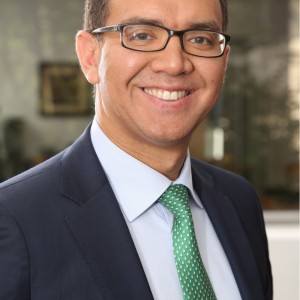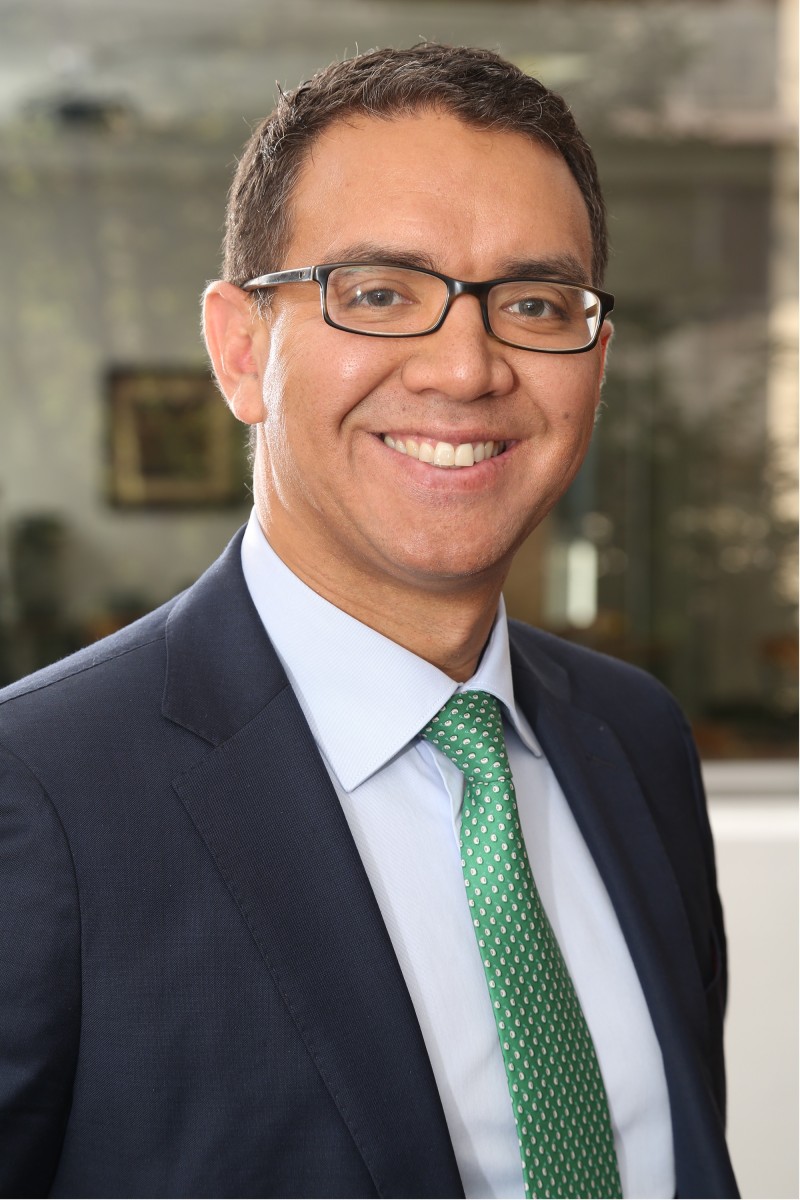 An Interview with Jason van der Poel, partner at South Africa’s Webber Wentzel
An Interview with Jason van der Poel, partner at South Africa’s Webber Wentzel
Jason van der Poel is a partner at Webber Wentzel where he specializes in project development and finance and has advised clients on limited recourse project financings, public-private partnerships, sovereign guarantees, partnerships and joint ventures, construction and operational contracts, power purchase agreements, procurement, syndicated and term loans, bond issues and securitizations.
South Africa is flush with forms of alternative energy. How has the South African government been working to encourage investment in alternative energy?
Eskom, South Africa’s electricity utility company produces 95 percent of South Africa’s electricity, predominantly through coal generation. In 2011, the New Generation Capacity Regulations were issued in terms of the Electricity Regulation Act of 2006, paving the way for the procurement by the South African government of alternative energy from independent power producers. In August 2011, in accordance with the Integrated Resource Plan 2010-2030 and determinations of the Minister of Energy, a request for qualifications and proposals under the widely acclaimed Renewable Energy Independent Power Producers Procurement Program (REIPPPP) was issued into the market.
In terms of REIPPPP, the Department of Energy has sought to procure power generated from onshore wind (up to 140MW per project), solar photovoltaic (up to 75MW per project), concentrated solar power (tower and parabolic trough, with and without storage) (up to 100MW per project), biomass, biogas, landfill gas and small hydro sources.
REIPPPP has been a remarkable success. In less than three years, 64 new independent power producers totalling 3,920MW have been contracted and a total of ZAR120 billion of private investment has been mobilized through the first two rounds of procurement.
The first projects are already connected to the national grid and are generating electricity. Seventeen round-three preferred bidders were named on October 29, 2013 after 93 bid responses were received for an allocation of less than 1,500 MW.
The Department of Energy has announced that Eskom will sign the Power Purchase Agreements for these 17 projects on December 11, 2014.
Concurrently, the Department of Energy is running the Small Projects Renewable Energy Independent Power Producers Procurement Program for renewable energy projects of up to 5MW each.
The Department of Energy is set to release a request for proposals under a Cogeneration Independent Power Producers Procurement Program, as well as a program for the procurement of coal baseload projects from independent power producers.
There has been some anxiety in the private sector around delays in these programs amidst a seemingly intensifying electricity crisis in South Africa. There has also been some anxiety around the plans for future procurement of renewable energy — the current integrated Resource Plan 2010-2030 designates the procurement of 17,800MW of renewable energy in South Africa by 2030.
It is unclear at this stage whether parliament will adopt an updated integrated resources plan to cater for economic growth and energy demand that is lower than was expected in the initial plan. Private sector lobbyists are also pushing for the establishment of an independent system and market operator that would take some of the power that Eskom has in the South African energy market, as a generator, transmitter and distributor of electricity as well as purchaser of privately produced power. In addition, the South African government is ostensibly laying the foundations of a nuclear energy procurement and build program in South Africa.
Notably, the South African government’s IPP Office, a joint venture between the National Treasury, the Department of Energy and the Development Bank of Southern Africa, has forged an open communication with the private sector in the establishment of these programs of procurement of electricity from independent power producers.
Also notable is that Eskom itself, through its Eskom Renewables unit, has recently commissioned the 100MW Sere Wind Farm in the Western Cape Province in South Africa, and is engaged in the procurement of construction and operations contractors for its 100MW concentrated solar power project in the Northern Cape Province of South Africa.
How has Webber Wentzel been active in the promulgation of the new regulations and in advising investors?
Four South African law firms, Bowman Gilfillan, ENS, Webber Wentzel and Ledwaba Mzwai, and one international law firm, Linklaters, were procured to advise the South African government on the regulatory framework pertaining to, and the legal aspects of the procurement of, renewable energy from Independent Power Producers.
Extraordinarily, the South African government has, explicitly, through the RFP documentation in the various procurement programs to date, authorized these firms to advise private sector participants in these procurement programs through ethically ring-fenced teams.
What are the challenges to investors? Incentives? How has debt been funded?
Investors must meet a series of stringent legal, technical and financial qualification criteria before the final evaluation that is weighted 70 percent on price and 30 percent on the project’s economic development contribution.
Apart from the price competitive element of the procurement, investors need to heed the South African government’s call for support in its economic development objectives, especially job creation and the use of local content in the projects.
The payment flows under the power purchase agreements under REIPPPP are denominated in ZAR and funding documents have been governed by South African law. As a result, South African financiers accounted for 86 percent of the debt funding in the first three rounds of REIPPPP. Of that, commercial lenders (Nedbank, Standard Bank, Absa Capital, Rand Merchant Bank and Investec) accounted for 64 percent, development finance institutions for 31 percent and life funds for 5 percent.
A particular challenge that has emerged in the current round of procurement related to grid connection. Eskom has widely publicized funding constraints and is experiencing increasing difficulty in providing for speedy and cost effective grid connections for new projects.
Webber Wentzel is well established in SA as a full-service provider of legal services. How has the firm evolved over time in the context of a rapidly evolving South African political/economic/regulatory landscape? How has the character of your clients changed over time?
Webber Wentzel was originally built around legal services to mining houses in the mid to late 1800s. Webber Wentzel has grown substantially in the last decade and its client base now includes many of South Africa’s top 100 companies in energy and infrastructure, financial services, insurance, mining, oil and gas, transport, information technology and media and telecommunications. We have also acted on behalf of large international companies in their inward investments into South African and the region.
Our strategy is to help clients wherever they do business. Work outside of South Africa on the African continent represents a growing area of our practice. Together with a network of best friend law firms we have assisted clients in cross-border deals in most of the countries in sub-Saharan Africa.
We have entered into a collaborative alliance with global law firm Linklaters, which is recognized for its leading African practice having worked on numerous landmark transactions in almost every country on the continent over the past 30 years. We are also associated with ALN, a group of leading law firms in Africa.
Where does SA stand to grow most (in terms of demand for legal services) in the next decade? Foreseeable trends? Where does SA fit into the global legal framework? Is most work domestic/international?
We foresee the sustained growth in the need for legal services in regional energy and infrastructure projects (including renewable energy), spurred on by an intensifying regional energy shortage; and oil and gas exploration and downstream projects, spurred on by sizeable oil and gas finds off the east coast of Africa as well as modest finds off the west coast of southern Africa.
We expect to see activity in mining consolidations, acquisitions and disposals, inward investment into the region, including private equity investment and banking and finance transactions.







